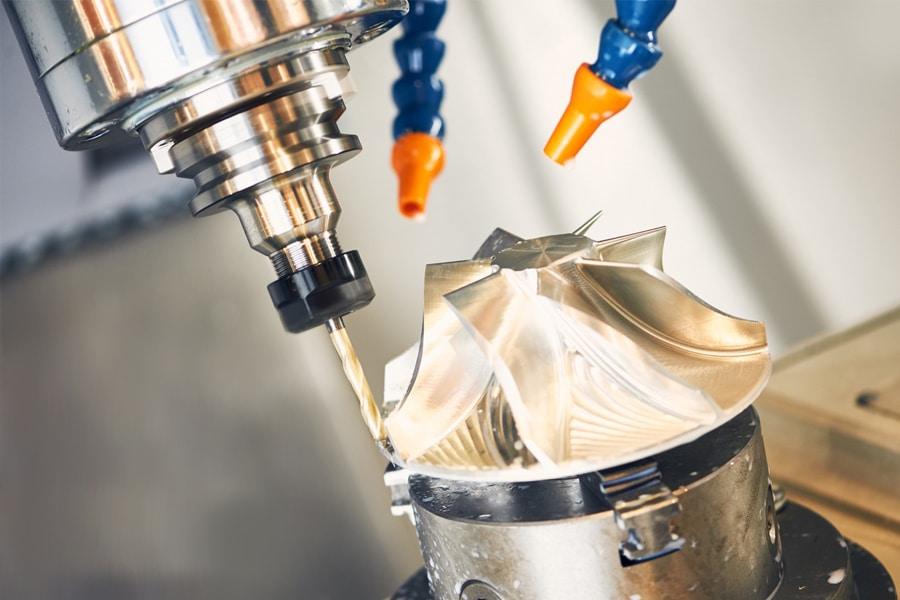CNC machining plays a significant role in the automotive industry, enabling the precise production of various components and parts. Here are some key applications of CNC machining in the automotive sector:
- Engine Components: CNC machining is used to produce critical engine components such as cylinder heads, engine blocks, pistons, crankshafts, camshafts, and connecting rods. These components require high precision, tight tolerances, and excellent surface finishes to ensure optimal performance and reliability.
- Transmission and Drivetrain Parts: CNC machining is utilized for manufacturing transmission housings, gears, shafts, differential components, and other drivetrain parts. These components require precise machining to ensure proper operation and power transmission.
- Suspension Components: CNC machining is used to produce suspension system components such as control arms, uprights, knuckles, and steering components. These parts need to be strong, lightweight, and accurately machined to withstand various loads and provide precise suspension geometry.
- Brake Components: CNC machining is employed in the production of brake system components, including brake calipers, brackets, rotors, and mounting hardware. These parts require precise machining for proper fitment, effective heat dissipation, and reliable braking performance.
- Interior and Exterior Trim: CNC machining is utilized to produce interior and exterior trim components such as dashboards, instrument panels, door panels, grilles, moldings, and decorative accents. CNC machining enables the creation of complex shapes, patterns, and textures to enhance the aesthetics and functionality of automotive interiors and exteriors.
- Steering System Components: CNC machining is used for manufacturing steering system components like steering columns, racks, and pinions. These parts require high precision to ensure smooth and accurate steering operation.
- HVAC Components: CNC machining is employed for producing heating, ventilation, and air conditioning (HVAC) system components such as HVAC housings, vents, and control panels. These parts require precise machining to ensure proper fitment and efficient airflow control.
- Electrical and Electronic Components: CNC machining is used for producing various electrical and electronic components in vehicles, including connectors, sensor housings, fuse boxes, and mounting brackets. Precise machining is crucial for proper assembly, electrical connections, and protection of sensitive electronic components.
CNC machining in the automotive industry offers advantages such as high precision, repeatability, and the ability to work with a wide range of materials. It allows for the production of complex and customized parts, supports efficient prototyping, and enables the mass production of automotive components with tight tolerances.

